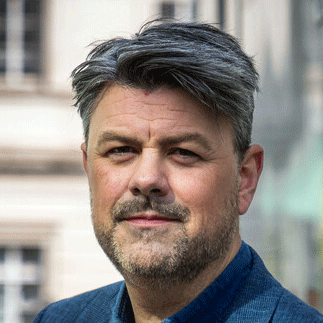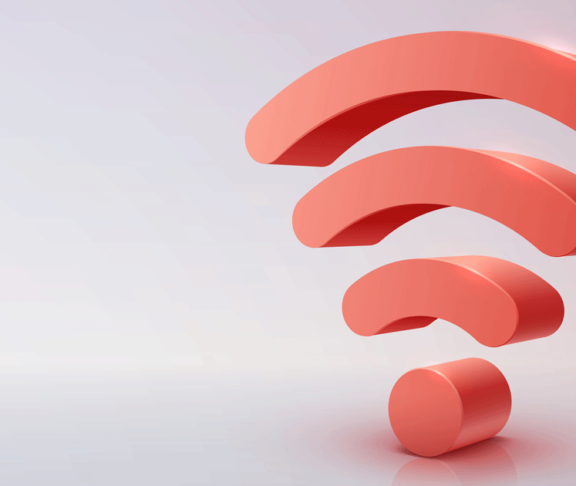
Patrick Clark
Director of Infrastructure Services, NHS Digital and the Future Wireless Project Lead
Wireless technology is helping the NHS achieve its core purpose: providing comprehensive healthcare that is available to all.
One example of accessible wireless technology is a high-tech, mobile health clinic — ‘Find and Treat’ —which is used to improve access to screening, testing and treatment for tens of thousands of vulnerable, homeless and high-risk people every year.
High-tech mobility and connectivity
Find and Treat operates out of University College London Hospitals and is part of NHS Digital’s Future Wireless Project Trials. It aims to tackle a wide range of infectious and chronic diseases by screening, diagnosing and treating conditions such as tuberculosis (TB), Covid-19, Hepatitis B and C, HIV, cardiovascular issues, STIs and flu.
The service has been fitted with a range of high-tech tools and software to enable real-time remote diagnosis and referrals onboard the mobile health unit. Technology includes a digital portable X-ray camera, artificial intelligence software, a teleradiology network to allow remote reading of X-rays using the unit’s flat-pack satellites, 4G and 5G routers, roaming SIM cards and smart antenna systems. This technology has transformed the unit’s connectivity while on the streets, allowing it to reach and help more people.
The service enables patients to access more timely treatment and, ultimately, is helping to reduce the spread of disease.
Healthcare in hard-to-reach communities
The service targets groups at high risk of TB and other blood-borne viruses, like HIV and Hepatitis but don’t get access to the healthcare they need. The main focus is on people experiencing homelessness. Find and Treat’s team of peer workers, who have lived experience of homelessness, help build trust and understanding with a patient group suffering from diseases of poverty and inequality.
During the pandemic, the team also provided Covid-19 testing and vaccinations to people experiencing homelessness. The multiple wireless connectivity options onboard the high-tech van enable sophisticated digital solutions to be used. They help vulnerable patients get diagnoses quickly and easily — without needing to visit a hospital. The service enables patients to access more timely treatment and, ultimately, is helping to reduce the spread of disease.
The first 5G-connected hospital
Another wireless trial, also funded by NHS Digital, has led to South London and Maudsley NHS Foundation Trust becoming the first 5G-connected hospital in the UK. Through the trial, clinicians have access to digital innovations such as the eObs app (eObservations), which enables the use of handheld devices to update patient records digitally and make live observations.

